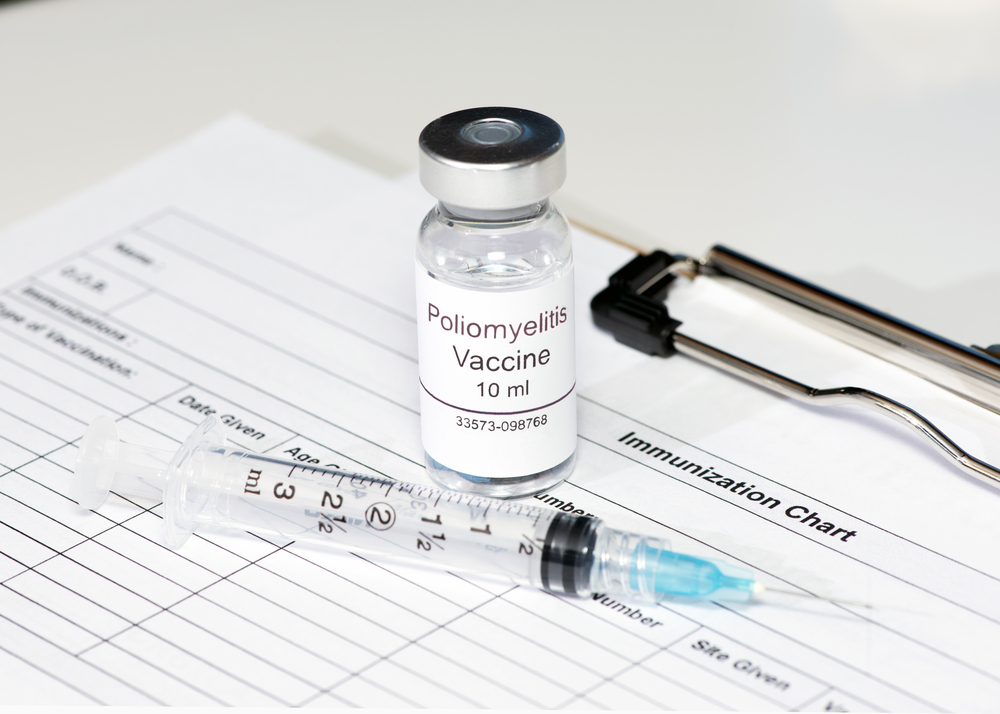
In a leap forward for vaccination efforts, researchers from the University of Southern California (USC) have created a polio vaccine that maintains its usefulness without refrigeration.
Though initially believed to be entirely eradicated, there were 22 reported cases worldwide in 2017 due to its high infection capacity and the lack of a temperature-stable vaccine easily usable in developing countries where refrigeration is not easily accessible.
The new vaccine is an injectable substance. For tests, as published in the Nov. 27 issue of mBio, researchers kept the vaccine at room temperature for four weeks and then rehydrated its powdered form, only to find that it still offered full protection for injected mice.
“Stabilization is not rocket science, so most academics don’t pay much attention to this field,” Woo-Jin Shin, first author of the study and a lab fellow at the Keck School of Medicine of USC, said. “However, no matter how wonderful a drug or vaccine is, if it isn’t stable enough to be transported, it doesn’t do anyone much good.”
Similar stabilization efforts have been applied to vaccines for measles, typhoid, and meningococcal disease. This marks the first time such has proven possible for a polio vaccine. The next step would be human studies, which author Jae Jung of the Keck School of Medicine hopes will be paid for by a foundation or company looking to bring the vaccine to market.




